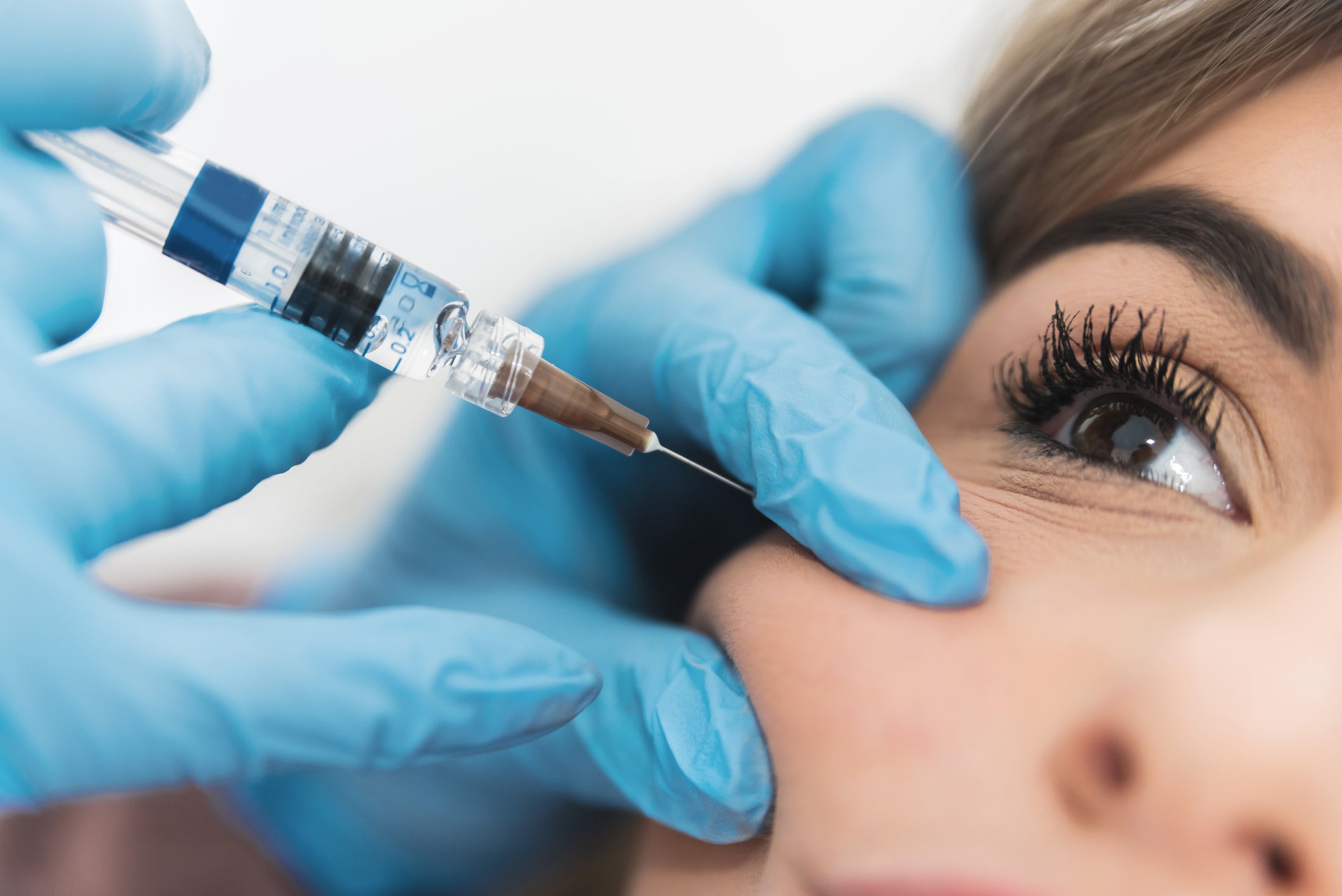Botox and fillers should be administered following psychological pre-screening, say MPs
A new report by MPs calls for greater regulation of non-surgical beauty procedures

Your support helps us to tell the story
From reproductive rights to climate change to Big Tech, The Independent is on the ground when the story is developing. Whether it's investigating the financials of Elon Musk's pro-Trump PAC or producing our latest documentary, 'The A Word', which shines a light on the American women fighting for reproductive rights, we know how important it is to parse out the facts from the messaging.
At such a critical moment in US history, we need reporters on the ground. Your donation allows us to keep sending journalists to speak to both sides of the story.
The Independent is trusted by Americans across the entire political spectrum. And unlike many other quality news outlets, we choose not to lock Americans out of our reporting and analysis with paywalls. We believe quality journalism should be available to everyone, paid for by those who can afford it.
Your support makes all the difference.MPs have recommended that recipients of botox and fillers should require psychological pre-screening before a procedure, warning that the “complete absence” in the regulation of non-surgical beauty treatments is dangerous and must end.
The All-Party Parliamentary Group (APPG) on Beauty, Aesthetics and Wellbeing have published their year-long report into the rise of unregulated procedures, such as botox-style injections.
It states that while the demand for such treatments has “exploded” in recent years, the UK government has failed to regulate the sector, putting patients are risk of serious harm.
It reads: “There is a complete lack of a legal framework of standards around these treatments, which has left consumers at risk and undermined the industry’s ability to develop”, adding that existing regulation is “fragmented, obscure and out of date”.
The report makes 17 recommendations, including making fillers prescription-only, and introducing mandatory training for all practitioners.
Social media has also been blamed for driving demand for treatments and must curb misleading advertisements.
“It's like the Wild West,” said inquiry co-chairwoman and Labour MP Carolyn Harris.
“We have people who are selling training courses which are not worth the paper they are written on. We have practitioners who are destroying the industry's reputation by practising completely unqualified and we have victims who are scarred for life.”
Patient safety minister Nadine Dorries will review the report, but industry insiders are worried it doesn’t go far enough.
Ashton Collins, director of Save Face, a national register of accredited practitioners who provide non-surgical cosmetic treatments, told The Independent: “Improving public safety is intrinsically embedded within our accreditation model and we support any measures that will deliver a safer landscape for members of the public who undergo non-surgical cosmetic interventions.
“However, we do not feel that some of the recommendations outlined within this report go far enough to tackle the underlying issues that lead to so many people to fall into unsafe hands.
“Our accreditation standards are robust and exceed those required by the Professional Standards Authority because we recognise the increased level of risks that exist within this marketplace.
“Therefore, we cannot endorse any scheme that is ‘inclusive for all providers’ because a one size fits all approach will not deliver the safety measures required to ensure that the breadth of different providers who operate within this field are competent and safe to practice.”
The campaigning group reported in January 2020 that complaints over botched aesthetic fillers had doubled in the last year.
Collins told the BBC: “Dermal fillers are extremely dangerous and unfortunately there are no laws dictating who can or can’t do them.”
Join our commenting forum
Join thought-provoking conversations, follow other Independent readers and see their replies
Comments